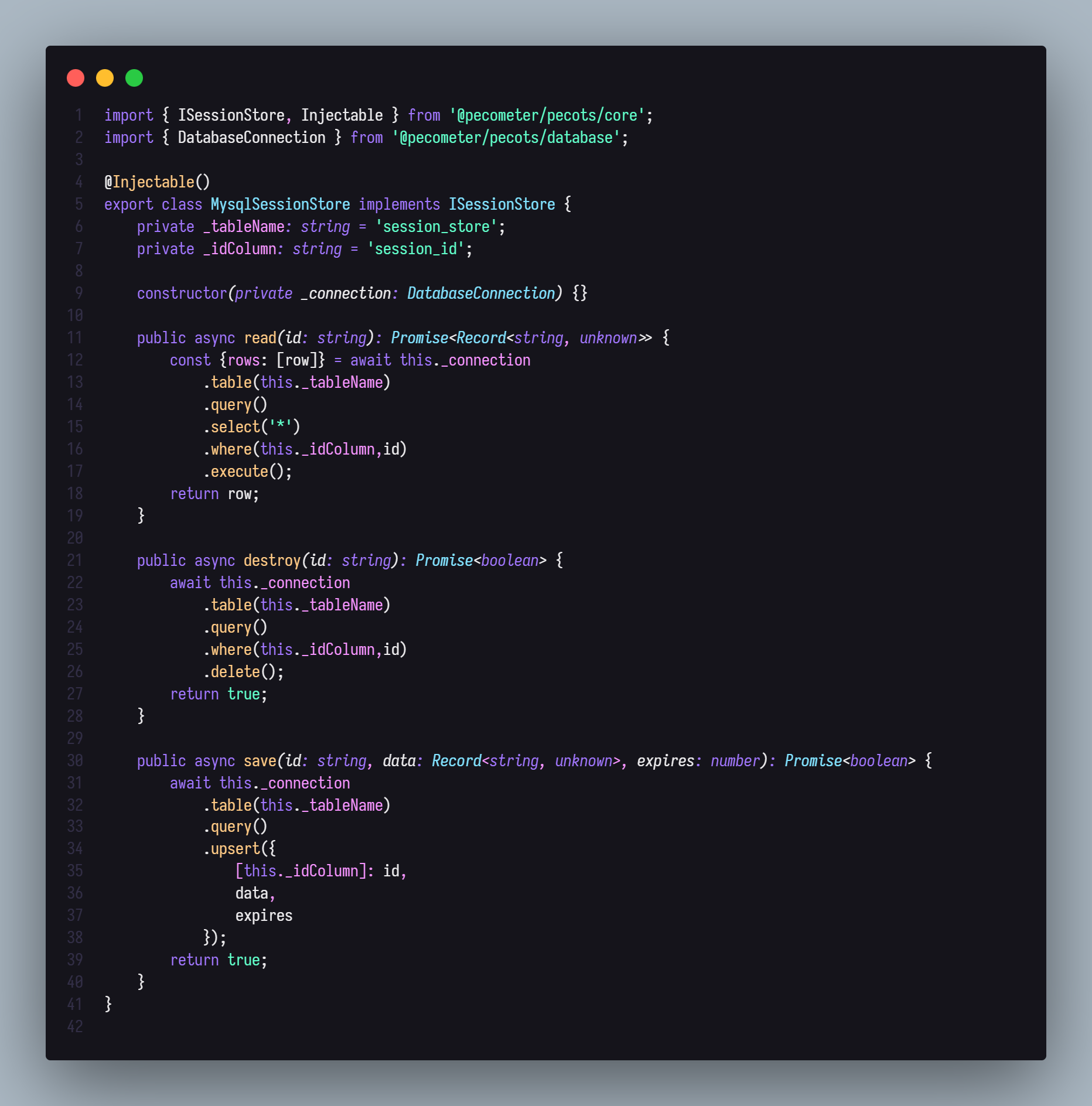
Web and app development are distinct disciplines with unique characteristics and target platforms. While web development focuses on creating websites accessible via web browsers, app development caters to platform-specific experiences through native or hybrid applications. Understanding these differences is essential when choosing the right approach for developing digital solutions that align with specific goals, target audiences, and user experience requirements. Whether you opt for web or app development, both offer exciting opportunities to create innovative and impactful digital experiences in today's interconnected world.
Definition and purpose:
Web development
Web development refers to creating and maintaining websites accessible through web browsers. It involves designing and coding web applications, websites, and web-based services using a combination of programming languages such as HTML, CSS, and JavaScript. Web development primarily focuses on delivering content and interactive features to users via the Internet.
App development
App development involves creating software applications for specific platforms, such as mobile devices (iOS or Android) or desktop computers. App development utilises programming languages like Dart, Swift or Java to build native or hybrid applications tailored to run on dedicated devices, delivering an optimised user experience and enhanced functionality.
Platform and accessibility:
Web development
Websites are accessible through web browsers on various devices, including desktops, laptops, tablets, and smartphones. Web applications are platform-independent, making them compatible with multiple operating systems, provided they have a compatible browser.
App development
Mobile applications are typically designed for specific operating systems, such as iOS or Android, and can be installed directly on users' devices. This platform-specific approach allows integration with the operating system and access to device-specific functionalities like camera, GPS, or push notifications.

Development process:
Web development
The web development process involves planning, designing, coding, testing, and deployment. Websites are usually built using frameworks like Angular, React, or Vue, which provide ready-to-use components and simplify development. Web developers rely on responsive design techniques to ensure optimal display and functionality across different devices and screen sizes.
App development
App development involves a similar process, including planning, designing, coding, testing, and deployment. However, it often requires platform-specific tools, development environments, and programming languages. Developers utilise integrated development environments (IDEs) like Xcode for iOS or Android Studio for Android to build native applications that take full advantage of the platform's capabilities.
User experience:
Web development
Web development aims to provide an inclusive and consistent user experience across different devices and screen sizes. Websites are designed responsively to ensure usability and readability, but they may lack some advanced features found in native apps. Web apps rely on an internet connection, and performance can be influenced by factors such as network speed.
App development
App development focuses on delivering an optimised user experience that leverages the unique capabilities of a particular platform. Native apps can access device-specific features and provide enhanced performance, offline functionality, and smoother user interactions. However, developing and maintaining separate apps for different platforms can be more resource-intensive than web development.

Distribution and updates:
Web development
Websites are easily accessible by simply typing the URL in a web browser. Website updates can be instantly deployed and immediately available to users across all devices. This ease of distribution makes web development advantageous for content-focused or service-oriented platforms.
App development
Mobile apps are distributed through dedicated stores like the Apple App Store or Google Play Store. App updates need to go through an approval process, which can cause delays in making new features or bug fixes available to users. However, app stores provide a centralised platform for discovery and monetisation, making them ideal for applications that require advanced functionality or app-specific experiences.




















